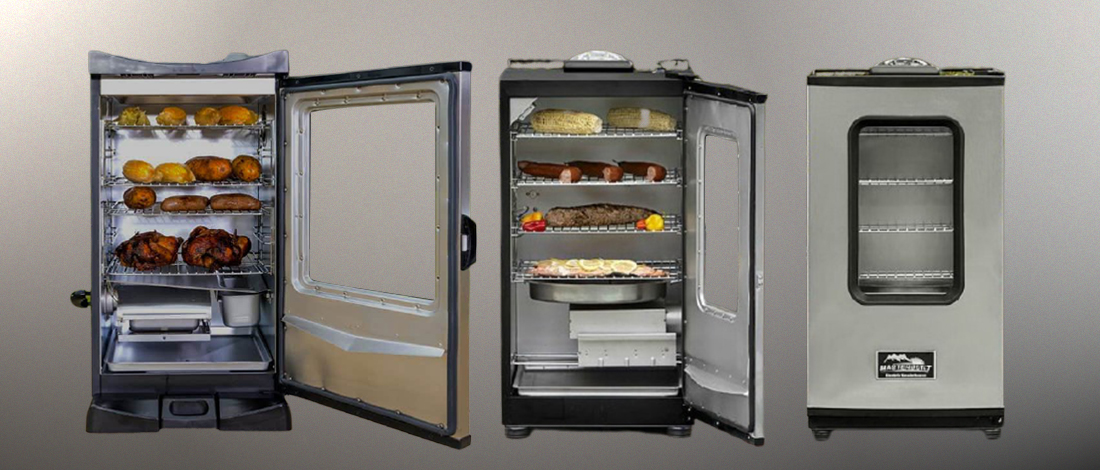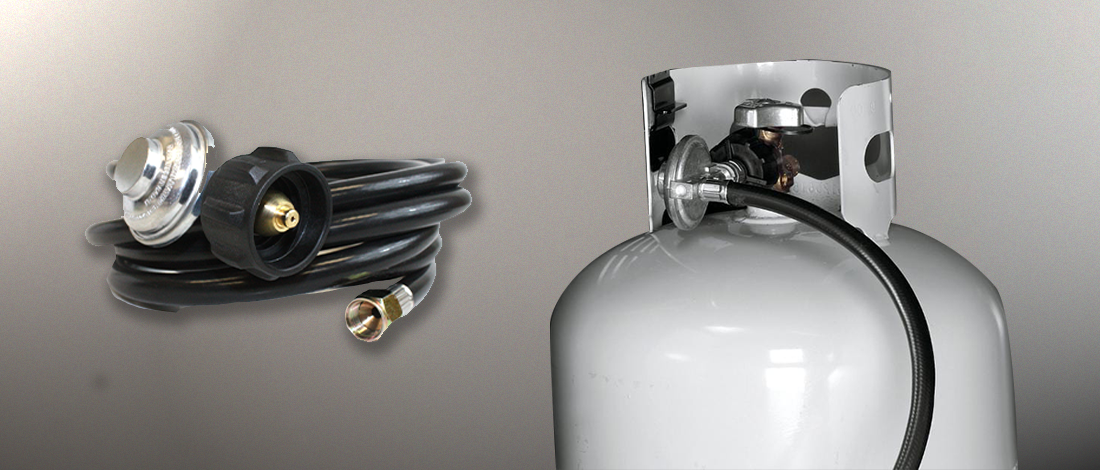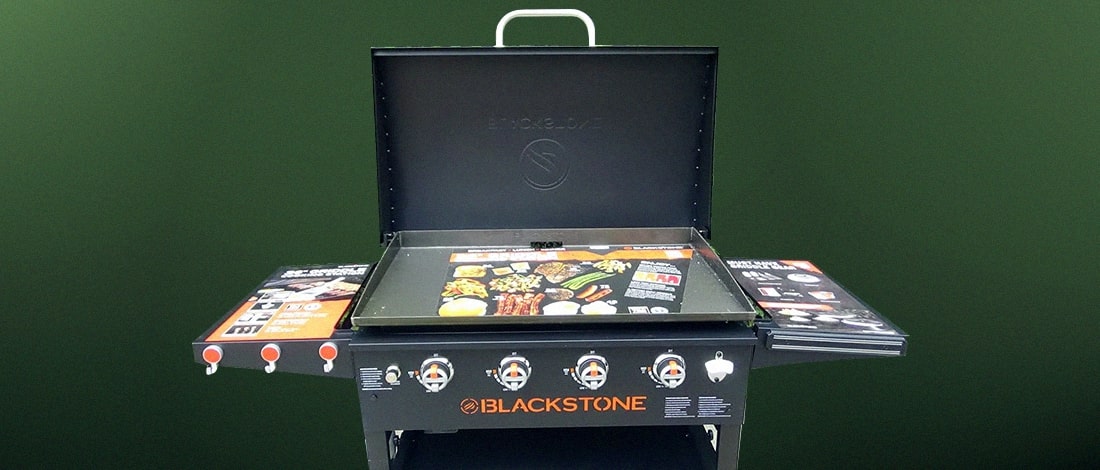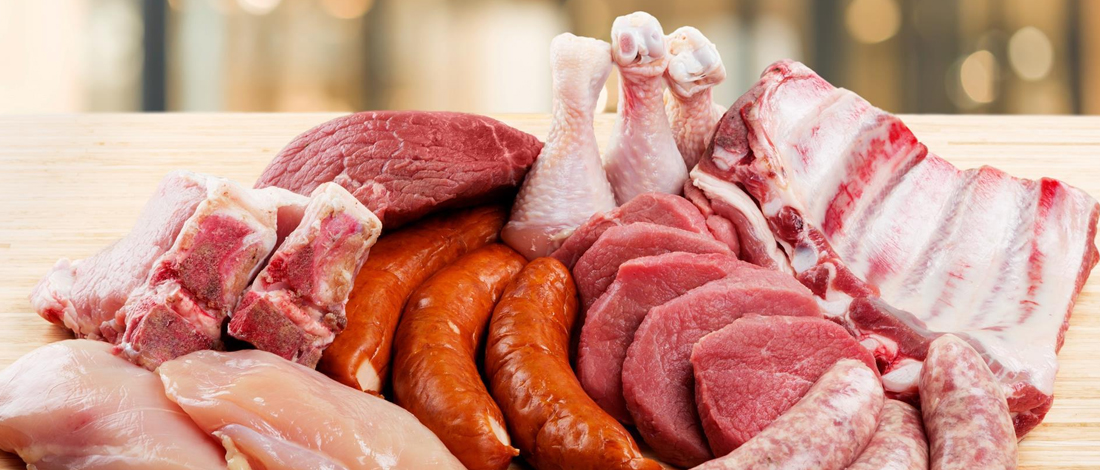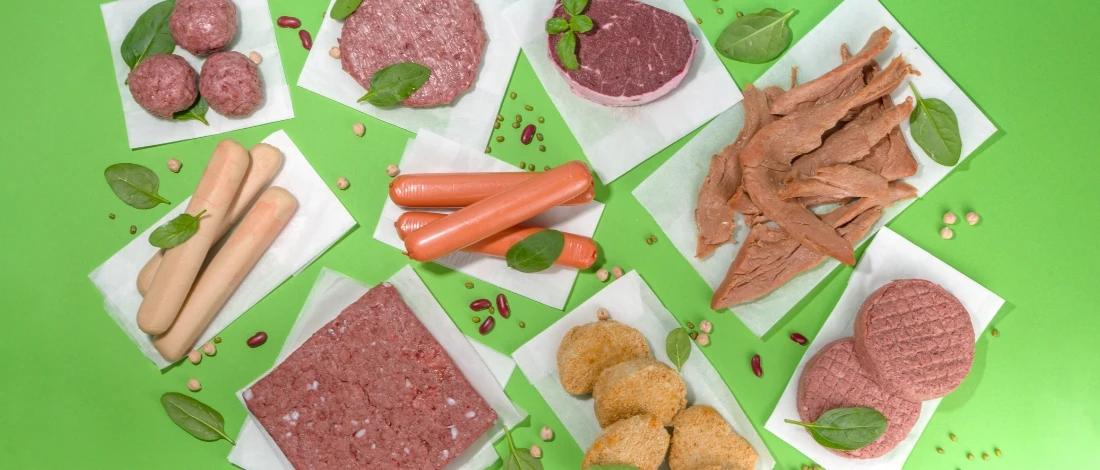I’ve been on a carnivore diet for over ten years, which means I’ve had countless meat scrap leftovers. I wanted to find a more sustainable way of dealing with meat scraps, so I thought of composting.
The bad news is you can’t just chuck meat in your compost for various health and safety reasons.
Luckily, there are a few solutions for composting meat. I spent hours researching how to add meat to compost safely and created countless compost piles. Here are all my tips and tricks on how to compost meat scraps.
Quick Summary
- Meat is an organic material, but it’s not safe to compost it with other food waste.
- You should know several things before adding meat to your compost pile.
- The safest alternative to home meat composting is to send it to be composted in a commercial facility.
Can You Compost Meat?
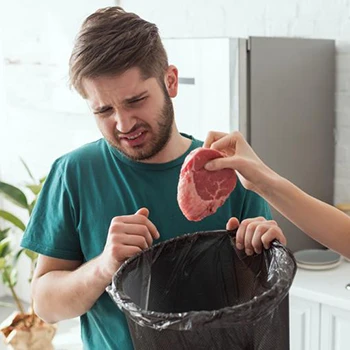
No, according to the EPA, you can’t compost meat [1]. Meat is an organic material, so it decomposes over time.
Meat is also rich in nutrients that are beneficial to the soil, but it causes various issues if added to compost.
The meat falls into the “was a living matter” category, so technically, it’s possible to compost it. The problem is it isn’t advised to compost meat due to health and infestation problems that can occur.
Composting meat is a food safety risk. Meat can have harmful bacteria that can spread through the compost piles and later contaminate crops.
However, the experts also say you can compost raw meat as long as you control the whole composting process.
I’ll talk about the process in detail below, but first, let’s go through all the problems of composting meat.
Problems with Composting Meat

These are the biggest issues that can happen when composting meat.
1. Smell
Disintegrating meat smells. Adding meat to your compost will stink up the whole compost pile.
This can attract the local wildlife or get your neighbors to complain.
Your compost pile needs to be high temperature, but if you can’t get the temperature high enough, the risk of smell is much bigger.
You Might Also Like: How Long Can Raw Meat Sit Out?
2. Pests
Meat in a compost pile can attract pests, such as rats and raccoons. Wildlife is attracted by the smell of meat. Rats can even use it as a place to nest, which is a huge health concern.
3. Decomposing
Meat is full of fat and protein, which take much longer to decompose than carbohydrates in plants.
Adding meat to your compost pile extends the time in which the compost is ready to use. This especially goes for meat bones.
Meat bones are very dense, especially pork and beef bones. They can take hundreds of years to decompose if buried.
There’s not enough microbial penetration in the traditional compost for the decomposition of bones. Not to mention, bones will attract wildlife even more than meat.
4. Health Hazard
Raw meat can be contaminated with bacteria, such as salmonella, E. coli, listeria, and others.
Bacteria thrive in warm and humid environments and can contaminate the whole compost heap [2].
Moreover, compost contaminated with bacteria can be harmful to your health.
Related Articles:
Composting Meat Safely
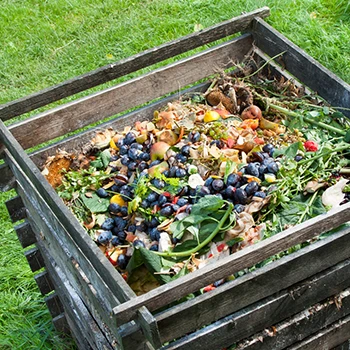
While there are numerous issues with composing meat, there’s also a way to compost meat scraps safely.
The best way to compost meat scraps is the hot composting method because it kills dangerous bacteria.
Start by making sure your compost pile is large enough for meat scraps, other food scraps, and yard waste.
Ideally, the pile should be 3 x 3 x 3 in. If your pile is smaller than this, it won’t be able to warm to the required temperature.
The trick is knowing where to place meat in the compost. You should aim at putting meat scraps in the center.
Bury the meat under other layers of compost, such as food scraps and lawn clippings.
By placing the meat in the center, you’re surrounding it with a lot of other material and putting it in the hottest spot in the compost.
Ideally, your compost heap should have a temperature between 130 to 160 degrees for effective meat composting.
Keep your compost piles at this temperature for about five days. Then stir it with a pitchfork.
This adds oxygen to the pile, which speeds up the hot composting. Repeat the process three times.
“Although they are organic materials, dairy, eggs, and meat (all kinds including fish and poultry) are animal-based and can harbor dangerous bacteria like Salmonella and E. coli., which can grow and spread through your compost, and possibly get onto your fruit and vegetables later on and cause a food safety risk.”
- Michigan State University
Tip: Keep the finished compost in full sun because the shade will lower the temperature. You can also get a thermometer for compositing so you can monitor the temperature at all times.
Other materials you can add to the compost bin include browns (corn cobs, pine needles) and greens (grass clippings, hay, and horse manure).
Keep in mind that the meat part of the compost piles should be smaller than the non-animal part.
Finally, it’s more difficult to compost meat scraps in an open pile than in a bin because a bin contains compost and holds in the heat, but an open pile doesn’t.
If you don’t have a compost bin, you can cover it with a tarp to retain heat.
Alternatives to Meat Composting

The best alternative to home meat composting is commercial composting. A commercial composting facility knows how to handle meat.
If you aren’t an experienced composter but still want to compost meat, contact your local composting or recycling facility to see if they accept meat scraps.
Otherwise, the best way to compost wood chips, chicken scraps, veggie scraps, coffee grounds, and other organic matter and animal byproducts is to dispose of them in the garbage can or a dumpster.
Note: Leave the meat in a sealed bag or its original packaging when sending it for compost. This helps the people handling the meat and stops the spread of e. Coli and other bacteria.
FAQs
Why Can't I Put Meat in Compost?
You can’t put meat in compost because it attracts rodents, spreads a putrid smell, and can infect the whole compost pile with harmful bacteria.
Can Cooked Meat Go in Compost?
No, cooked meat can’t go in compost because there’s a high risk of bacteria growth. Cooked meat can be composted through a municipal program.
Can Raw Meat Go in Compost?
Yes, raw meat can go in the compost, but only if you use a hot composting process.
References:
- https://www.epa.gov/recycle/composting-home
- https://www.canr.msu.edu/news/food_safety_and_composting



